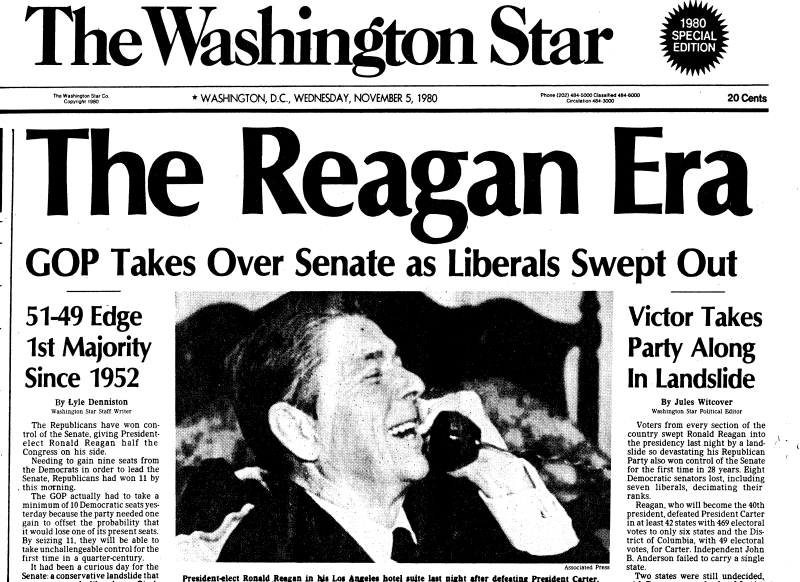"A plague o' both your houses! Zounds, a dog, a rat, a mouse, a cat to scratch a man to death! A braggart, a rogue, a villain . . ."
Romeo and Juliet, Act 3, Scene 1 by William Shakespeare
Many voters, including yours truly, are feeling emotions about the two major political party nominees for president similar to the emotions in this famous quote from William Shakespeare. The question many are asking themselves is, what should I do?
 |
| What should I do? |
There are some who will hold their noses and vote for whomever they perceive to be the lesser of two evils. There are some who will not vote. And there are others, again like yours truly, who plan to vote for a third party candidate.
I have been a registered Democrat for over 43 years, since I could register at the age of 18. I was such an active and loyal Young Democrat before then that I was actually appointed a Democratic Committeeman before I could vote.
In those 43 years, although half the time the Democratic nominee was not who I supported in the primary, I voted Democratic in each presidential election. Each of those times, I felt that the Democratic nominee would positively affect our country. In other words, I have never voted for the lesser of two evils according to my analysis of the candidates. For other offices I have also always voted for the candidate I thought was best for the position, but they were not always a Democrat.
During those 43 years, I served 5 terms as a local elected official, always as a Democrat. I even served as vice president and president of that local board.
As the party turned more and more away from workers and from peace, and towards corporate interests and war as a solution, I felt more and more dissonance.
In the movie “The Matrix”, Neo is offered the choice of a red or blue pill. If he takes the blue pill, he will continue in his ignorance and seeing an illusion of reality. If he takes the red pill, he will see real reality. This year I feel like I’ve taken the red pill and suddenly discover that both parties are against workers and for the moneyed interests, including weapons manufacturers, which makes them prone to war.
 I don’t believe it was always like this. I believe the Republicans, although always in my lifetime more for the moneyed interests than for those less able to care for themselves, became even more so after the “Reagan Revolution” of the early 1980s and the Democrats followed suit with the Clintons' “Democratic Leadership Council” followed by triangulation in the late 1980s and early 1990s.
I don’t believe it was always like this. I believe the Republicans, although always in my lifetime more for the moneyed interests than for those less able to care for themselves, became even more so after the “Reagan Revolution” of the early 1980s and the Democrats followed suit with the Clintons' “Democratic Leadership Council” followed by triangulation in the late 1980s and early 1990s. Since then, workers' real pay has decreased along with the rights and memberships in unions. Also since then, the income of the top 1% has continued to increase. We have been at constant war since 2001 through administrations of both parties. Both Democrats and Republicans have picked executives from Wall Street, not unions, for most economic advisory positions.
Since then, workers' real pay has decreased along with the rights and memberships in unions. Also since then, the income of the top 1% has continued to increase. We have been at constant war since 2001 through administrations of both parties. Both Democrats and Republicans have picked executives from Wall Street, not unions, for most economic advisory positions. I have previously flirted with turning to the Green Party several times because, as a progressive, I was more in line with their stated public public policies than the Democrats', but always decided to stay a Democrat. I almost turned Green in 2015, but then Bernie Sanders entered the race and I thought he might be able to save the Democratic Party from its own trajectory. Almost.
I have previously flirted with turning to the Green Party several times because, as a progressive, I was more in line with their stated public public policies than the Democrats', but always decided to stay a Democrat. I almost turned Green in 2015, but then Bernie Sanders entered the race and I thought he might be able to save the Democratic Party from its own trajectory. Almost.On May 25th, when it became apparent to me that the Democratic Party had done everything it could within and outside the law to make sure the Sanders Revolution would fail, I went online and changed my registration from Democrat to Green.

At this time I fully plan to vote for the Green Party nominee for president, whether it is Jill Stein or Bernie Sanders. I will not discuss all of the things I find unacceptable in both Clinton and Trump as you are no doubt aware of all of those arguments. As far as the argument that we should vote for one to prevent the other from being elected, I will retort a quote from Eugene Debs:
"I would rather vote for what I want and not get it, than to vote for what I don't want and get it."I recognize and appreciate the reasoning behind those will will vote for one of them out of fear that the other might win. That kind of voting never has been and never will be for me. I have two grandchildren and I am more motivated now to try to do whatever I can to help progressives and fight back against the drift to the right in both parties.
Although I think that those who do not like their party’s nominees should not vote for them and find an alternative among the Green, Libertarian, or some other party or an Independent who best represents your views, I also have a suggestion for those of you who WILL vote for one of the two major party nominees.
If you don’t like who the major parties have nominated and want to express that displeasure, even if you will vote for one to prevent the other from winning, change your party registration. In November, you can vote for any candidate and are not limited to your party. If the Democrats and Republicans see their registered numbers go down and the registration of third parties or Independents go up significantly, they MIGHT begin to correct their course.
If you don’t like the situation voters have been put in, you can’t just sit back and do nothing. I began this article with a quote from Shakespeare, included a quote from Debs, and will end with one from Edmund Burke:
“The only thing necessary for the triumph of evil is for good men to do nothing.”





